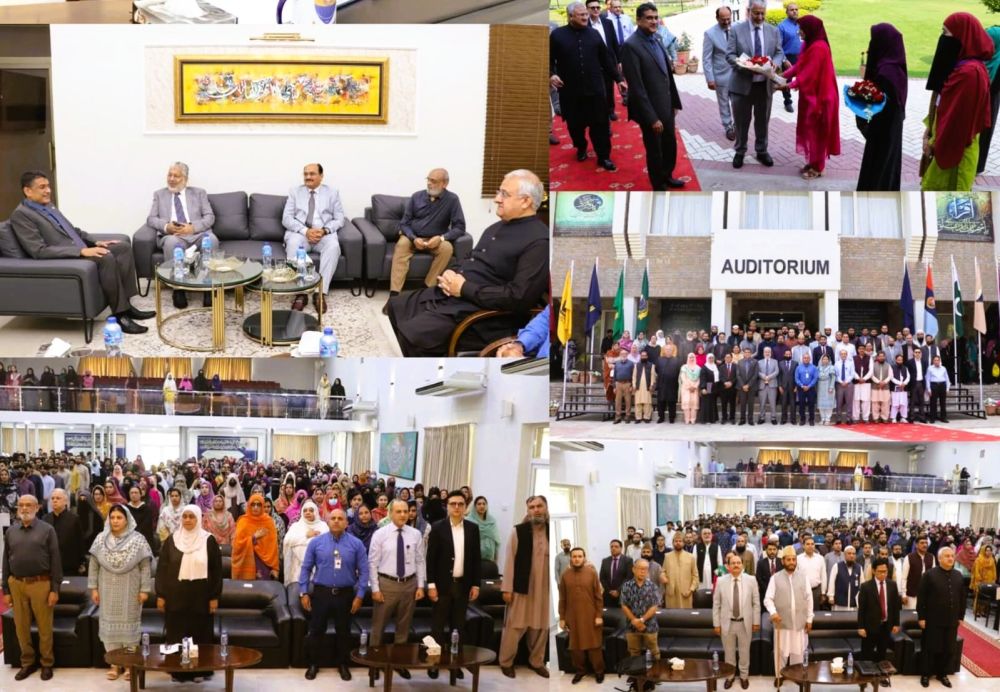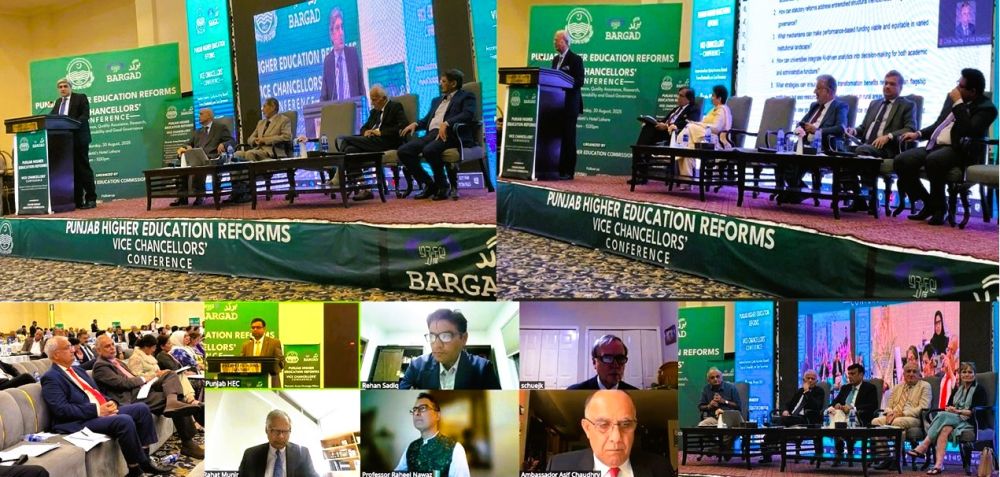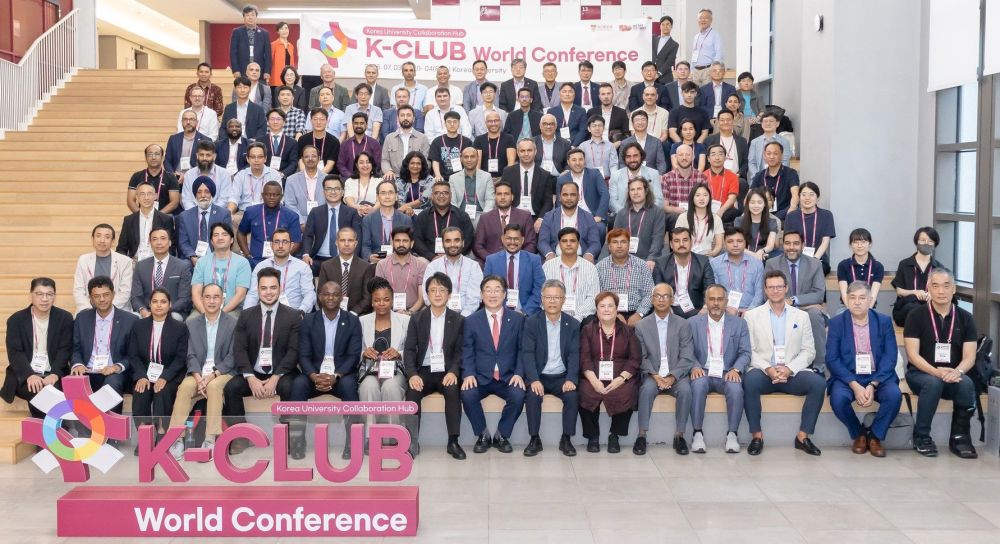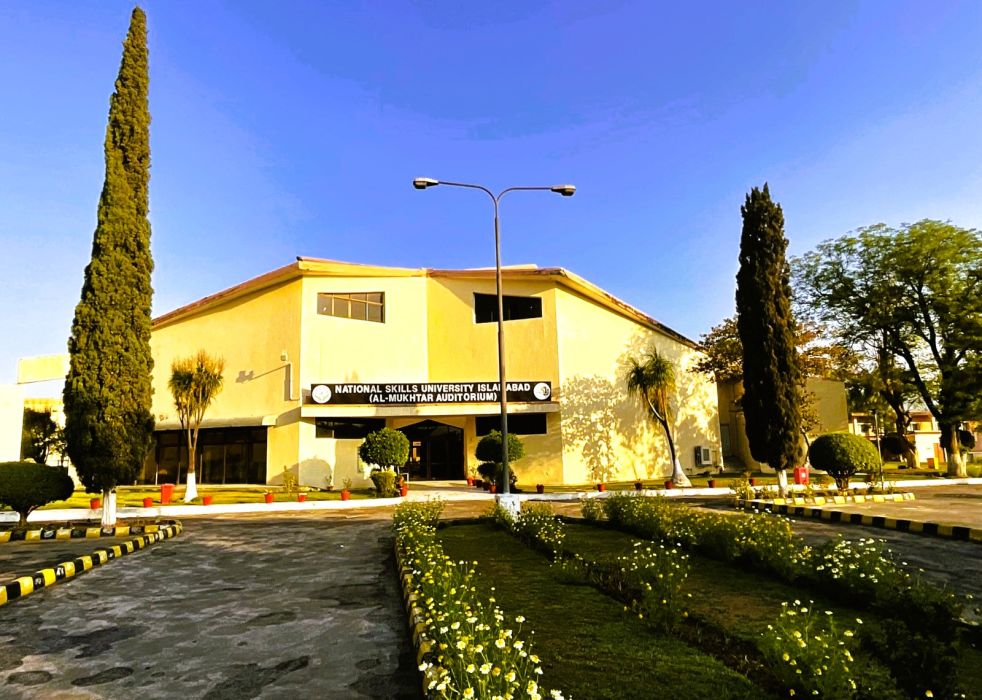70/25 How to Protect and Promote Seerah of Prophet Muhammad (Peace be Upon Him) in the Artificial Intelligence Era?
Posted 9 months ago
What happens when artificial intelligence meets the moral, social, cultural, and sayings of the Prophet Muhammad (peace be upon him)? This month, at the University of Wah in Pakistan, over 200 scholars, researchers, and educators from 35 institutions across the globe gathered to answer just that at the 2nd International Seerah Conference titled "The Seerah and Artificial Intelligence: Bridging Historical Traditions with Contemporary Technological Advancement."
At first glance, dismissing such a pairing as a well-intentioned intellectual oddity is easy. However, upon closer examination, the convergence of Seerah, the biography and moral example of the Prophet Muhammad with AI is not only timely; it's essential.
We live in a moment when humanity's technological prowess far outpaces its collective ethical clarity. AI systems increasingly shape our health, our knowledge, our economies, and even our identities. And yet, these systems are often created in ethical vacuums just engineered for profit, optimized for efficiency, and released into societies where moral frameworks struggle to keep up.
The conference at the University of Wah signaled a critical shift. It proposed that one of the planet's oldest and most profound moral traditions, rooted in compassion, justice, humility, and truth, can inform the most advanced technologies of our time. This is not about forcing faith into code but about ensuring that code reflects our highest values.
Chairman of Pakistan's Higher Education Commission, Prof. Dr. Mukhtar Ahmed, set the tone in the inaugural session, urging scholars and educators to help the next generation navigate AI through the twin compasses of Quranic insight and Prophetic wisdom. The theme resonated deeply in a country like Pakistan, where youth make up most of the population, and the digital transformation is unfolding at an unprecedented pace.
Over two days, global voices from Malaysia to Jordan, Iraq to Indonesia examined how Islamic ethical thought might shape emerging technologies. Scholars spoke of the need for "Seerah-informed digital frameworks," the risks of dehumanizing education through automation, and the potential to root AI development in justice and mercy rather than speed and scale.
What emerged was not resistance to progress but a call for ethical sophistication to match technical complexity. The Seerah, after all, is not a relic. It is a living moral guide, one that urges believers to reflect, act with intention, avoid harm, and uphold the dignity of every human being. Imagine if these values informed the datasets and decision trees behind our AI systems.
In the West, discussions about the ethics of AI often hinge on abstract principles: fairness, accountability, and transparency. These are important. However, they are often disconnected from the deep cultural and spiritual traditions shaping how people live and make decisions. Conferences like the one at the University of Wah remind us that ethical AI cannot be the domain of Silicon Valley alone. It must be a global, cross-civilizational effort that listens to voices from the Islamic world and beyond.
As AI technologies increasingly act in place of human agents curating our news, approving our loans, and monitoring our behavior, the question is not whether to bring ethics into the loop. It's which ethics and whose.
The Prophetic example offers a radical answer in its simplicity: uphold truth, protect the vulnerable, act with mercy, and seek knowledge as a sacred duty. These are not just theological ideals; they are design principles for the kind of AI we desperately need.
In an age where the future often feels like a runaway train, the Seerah offers a rare moral anchor. And it could help us code a more humane tomorrow.





